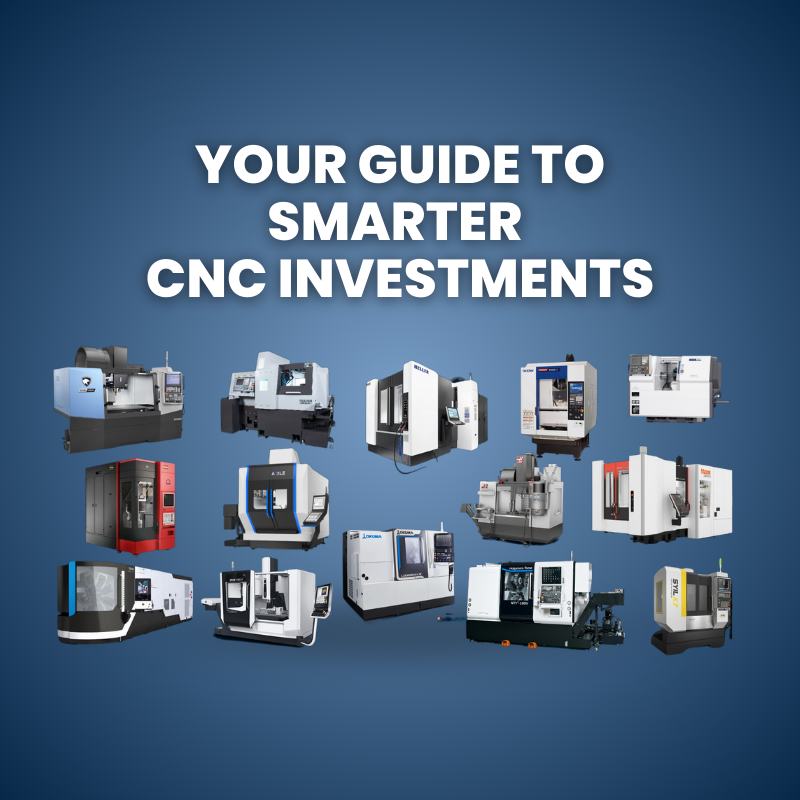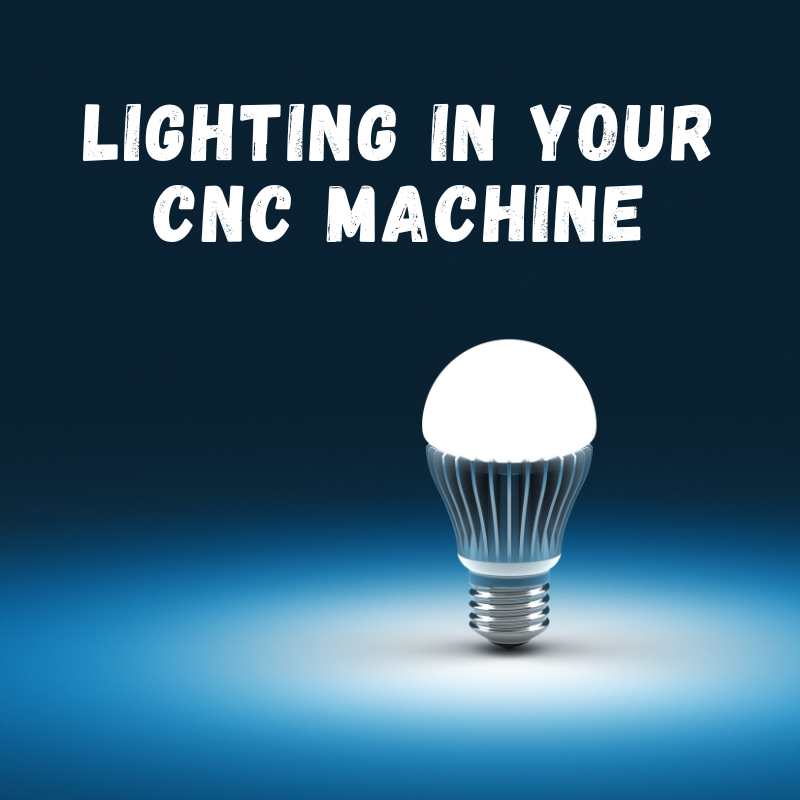Choosing the right maintenance provider for your CNC machine isn't just about cost—it's about long-term reliability and performance. Whether you're maintaining a new machine or a decade-old workhorse, we have the insights to help you decide between manufacturer and third-party services.
Manufacturer maintenance offers unique advantages like access to proprietary data, genuine parts, and specialized expertise from the original creators of the machine. Third-party services can be cost-effective but may lack the tailored precision that only manufacturers provide.
Both manufacturer and third-party services have their pros and cons, but how do you determine which is right for your specific needs? Let’s dive into the details to help you make an informed choice.
Why Choose Manufacturer Maintenance?
Opting for the original manufacturer’s maintenance service for your CNC machine can be a game-changer in terms of long-term performance. After about 5-6 years, a CNC machine starts to experience wear and tear that can affect its precision and efficiency. This is where manufacturer maintenance excels.
Specialized Knowledge and Experience
CNC machine manufacturers know their machines inside and out, literally. Having designed and tested every aspect of your equipment, they can provide insights that no third-party service can match. For instance, they have access to proprietary data on common failure points, wear rates, and the life expectancy of individual components.
Data-Driven Maintenance Plans
One of the greatest benefits of manufacturer services is their ability to tailor maintenance based on large pools of user data. By analyzing how machines like yours have performed across various environments, manufacturers can anticipate issues before they arise. For example, if a certain component typically fails after 10,000 hours of use, they will recommend replacing it just before that, minimizing downtime.
Guaranteed Genuine Parts
Using genuine parts is essential for maintaining the machine’s precision and avoiding potential breakdowns. Manufacturers ensure that only certified components are used, which often come with extended warranties. A third-party provider might offer cheaper parts, but these may not meet the original machine’s specifications, which could lead to more frequent breakdowns.
Why Consider Third-Party Maintenance?
While manufacturer services have their advantages, third-party providers shouldn’t be dismissed outright. Depending on your situation, they can offer benefits that are appealing.
Cost Savings
For many smaller operations, third-party maintenance can be a more affordable option. These providers often have lower hourly rates and flexible service plans that cater to businesses with tighter budgets. However, it's crucial to ensure that any cost savings do not come at the expense of long-term reliability.
Local Availability and Flexibility
In some cases, third-party services may be more geographically accessible, allowing for quicker response times. If your manufacturer is located far away, you could experience long wait times for service, while a local third-party provider might offer quicker on-site visits.
Manufacturer vs. Third-Party: What’s the Right Choice?
The decision comes down to a few critical factors: the age of your machine, your budget, and the complexity of the maintenance required.
The Age of the Machine
For CNC machines still under warranty, sticking with the manufacturer’s service is usually the best bet. This ensures that any issues are addressed with genuine parts and expert knowledge. For older machines, third-party providers can be a viable option if you prioritize affordability over precision.
Complexity of Repairs
More complex repairs, such as those involving electronics or proprietary software updates, should generally be handled by the manufacturer. They have access to the latest firmware and diagnostic tools. Simpler repairs, like changing filters or belts, can often be managed by third-party services without much risk.
Actionable Tips: Maximizing the Benefits of Manufacturer Maintenance
- Request Data-Backed Recommendations – Manufacturers often have data on failure trends. Ask for these insights and follow their advice for proactive part replacements.
- Insist on Genuine Parts – Always confirm that any replacement parts are original to prevent performance degradation.
- Leverage Manufacturer Warranties – Manufacturer maintenance plans often come with extended warranties on parts, which can save you significantly over time.
- Assess Your Machine’s Lifecycle – If your machine is nearing the end of its projected lifespan, weigh the cost of manufacturer services against the potential need for a replacement.
Both manufacturer and third-party services offer compelling advantages, but choosing the right one depends on your specific needs. Manufacturer maintenance excels in expertise, genuine parts, and proactive care, while third-party services can provide a cost-effective solution for simpler repairs.




